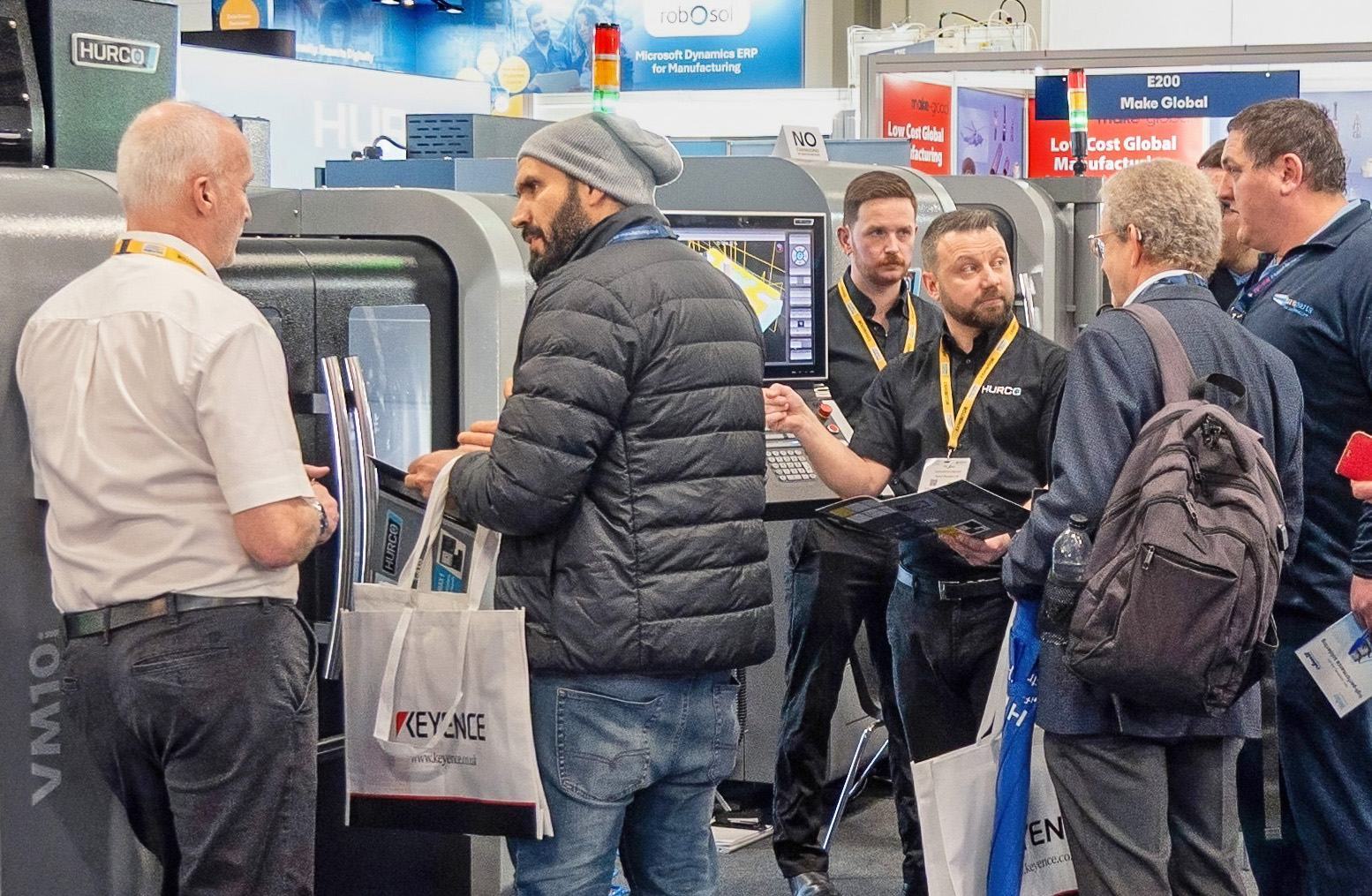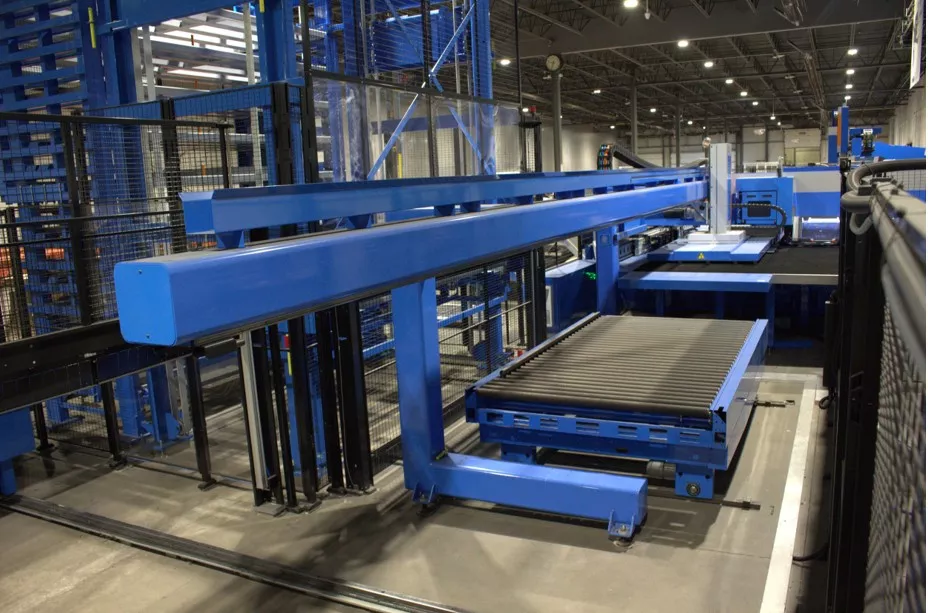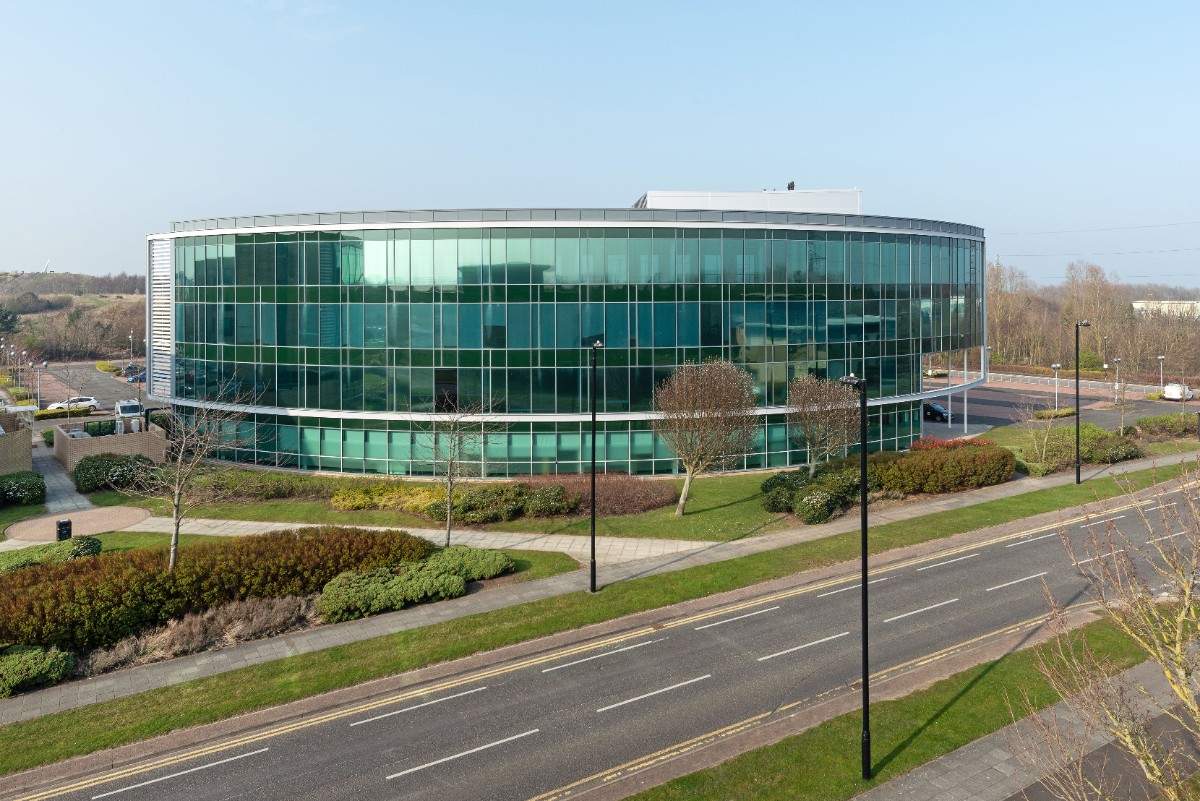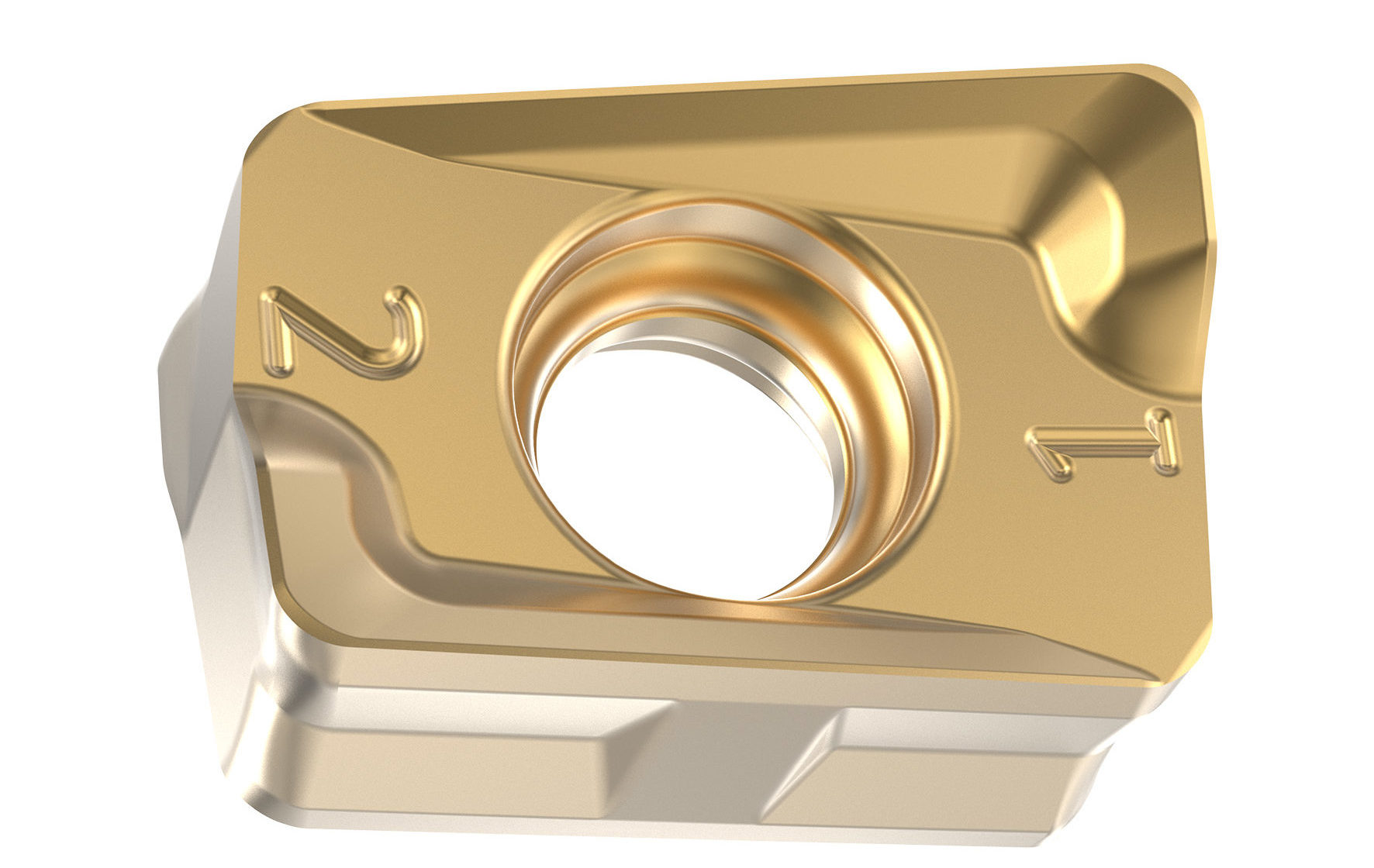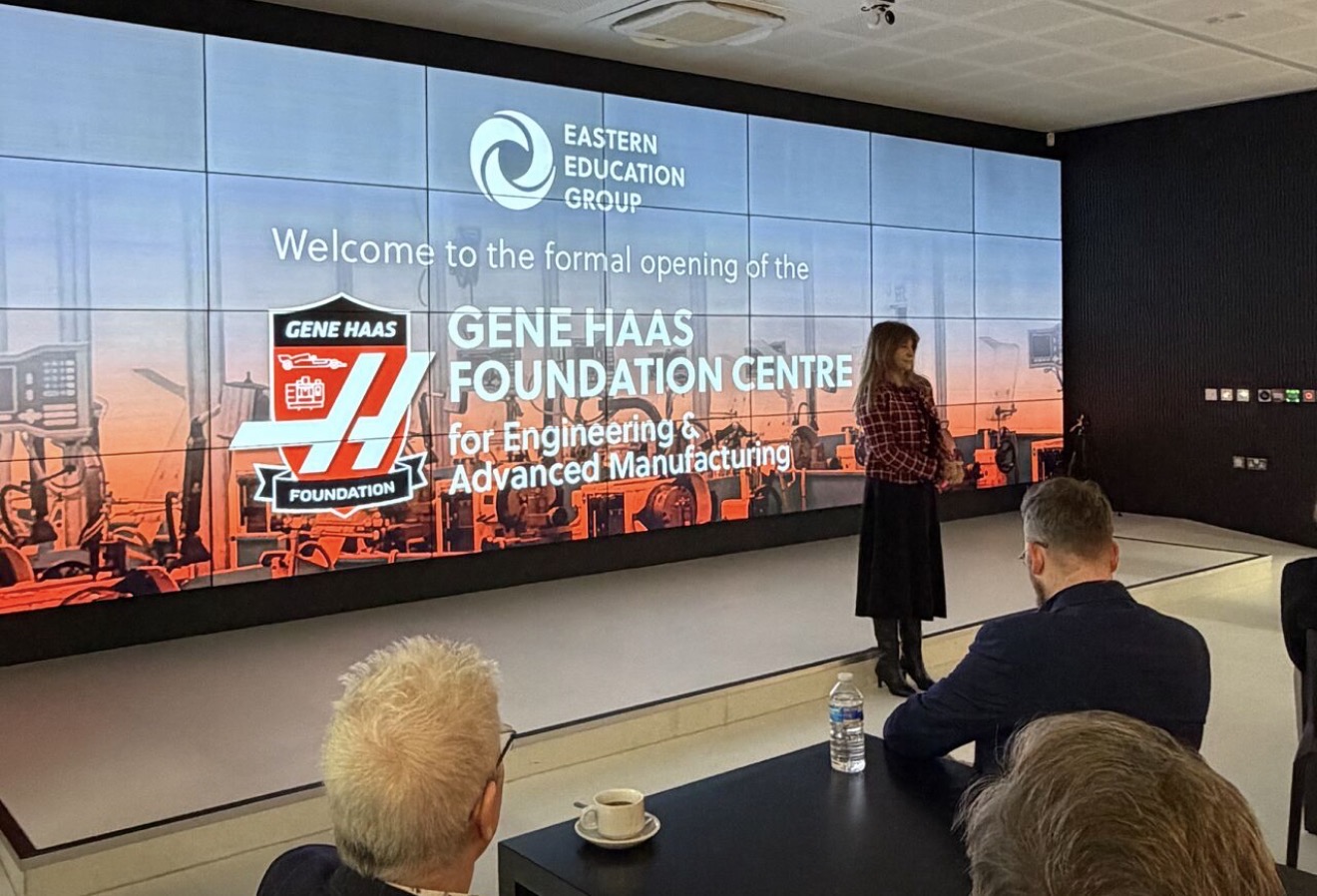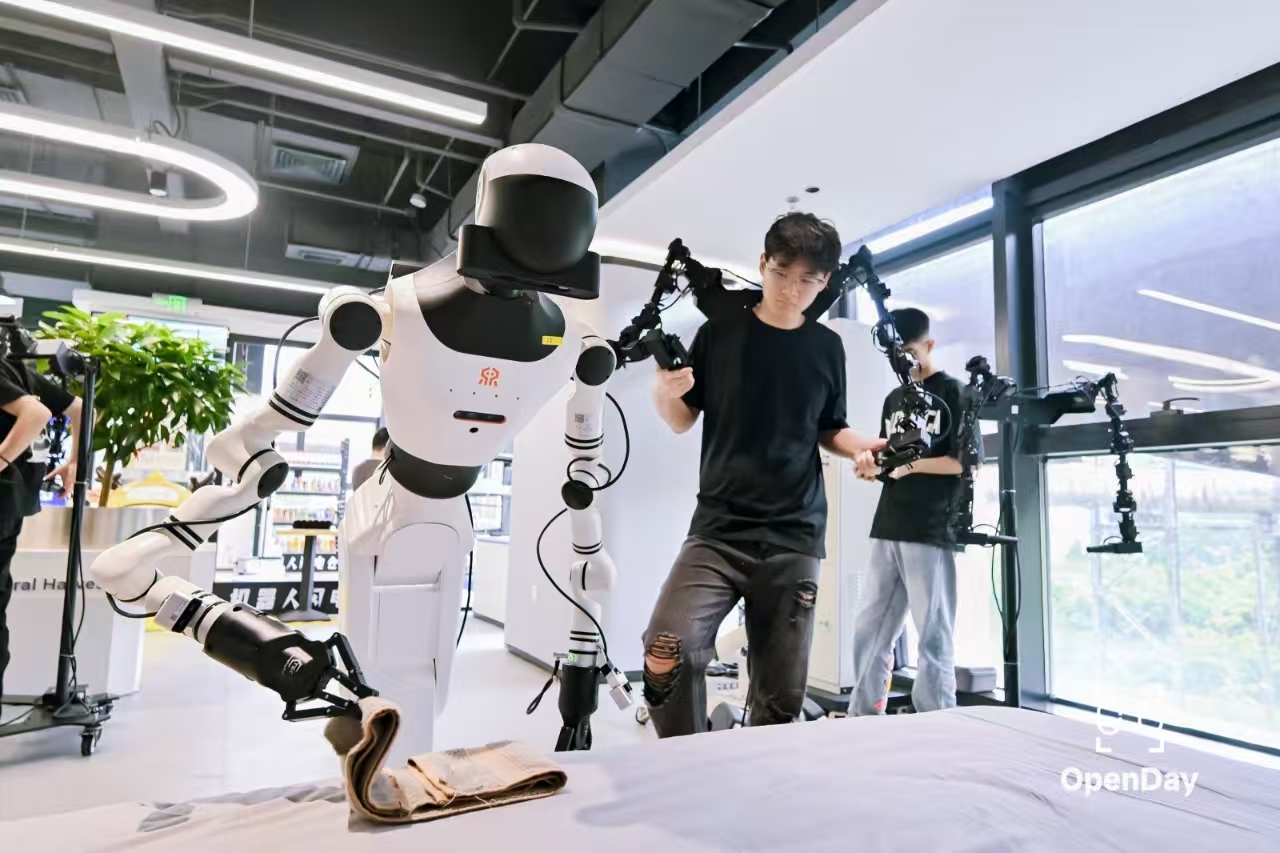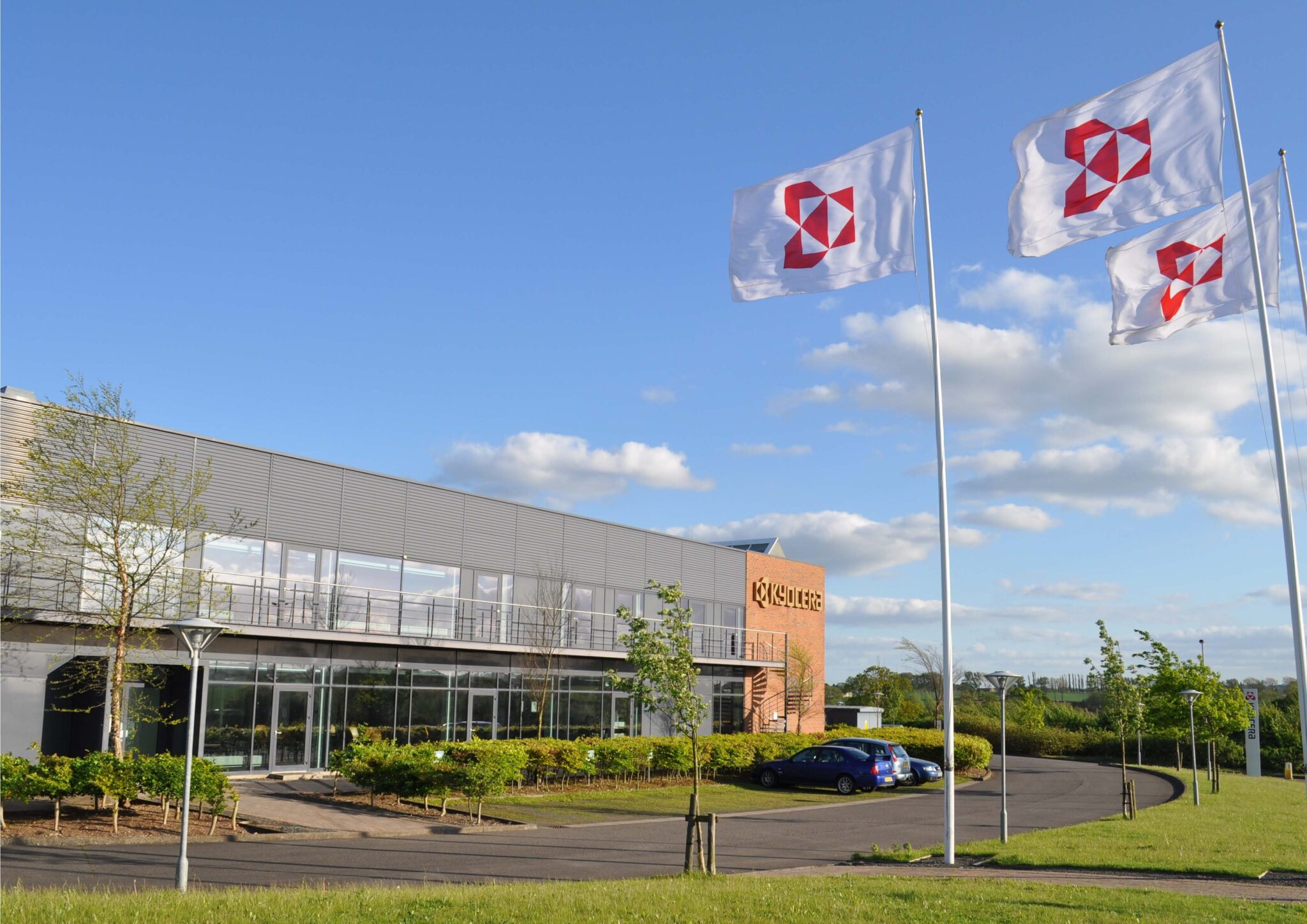Enhancing factory foundations for reduced downtime and more efficient production
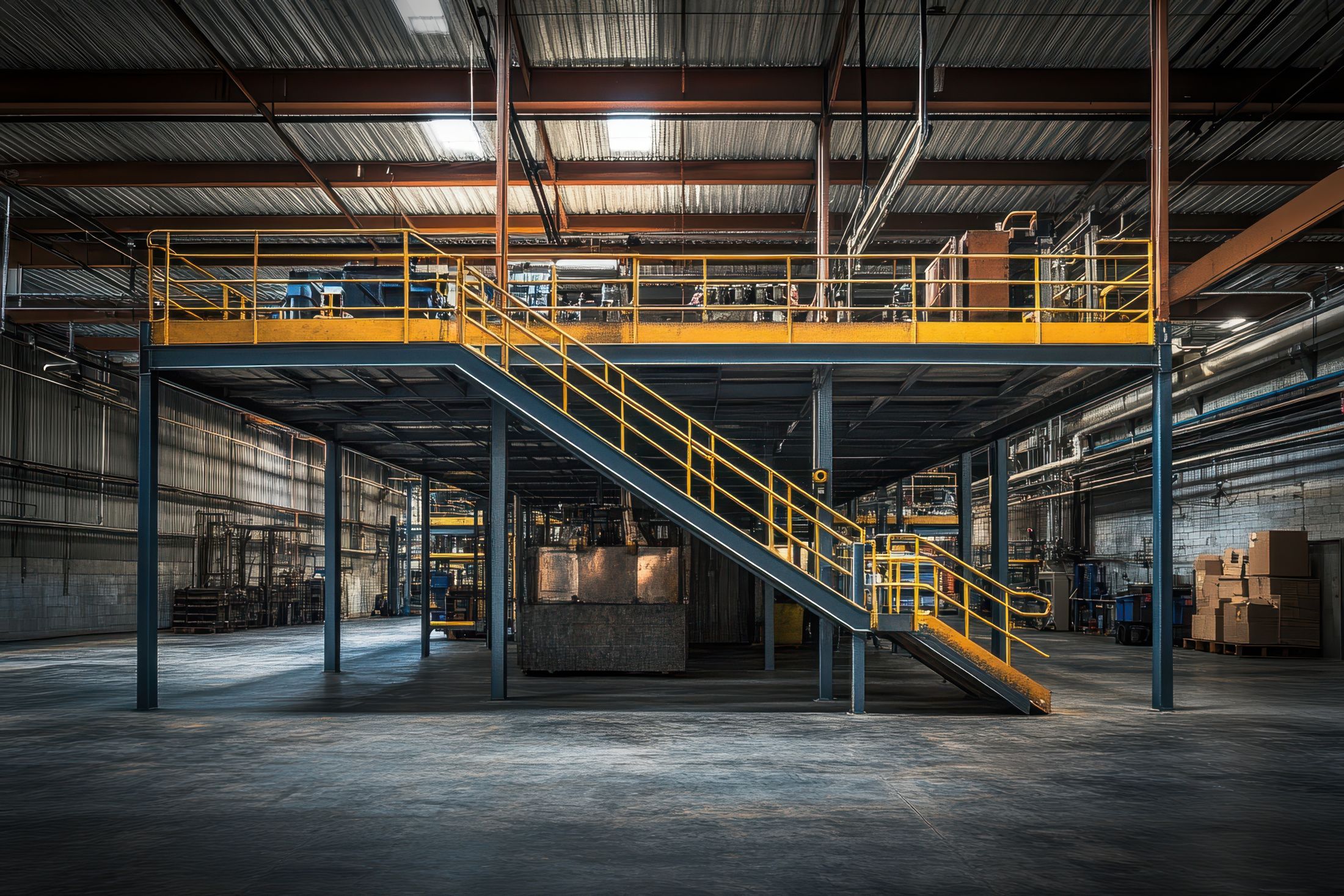
Over the past 200 years of industrialisation, the global boom in manufacturing has led to growth from 10,000 factories worldwide to over 10 million. Despite the substantial increase in production capacity, demand continues to outpace supply, necessitating the expansion of facilities. As plants aim to expand production, some may not have considered how ground technology can help streamline this process. Here, Paul Garthwaite, UK Director of Infrastructure at ground engineering contractor Geobear, explains how geopolymer technology can bring value to modern factories.
As factories get smarter, they become capable of producing more efficiently, often triggering the need for expansion. This expansion includes better space utilisation, the adoption of newer, larger systems, and an increase in physical footprint.
Consider CNC machines: those used for small-scale manufacturing weigh between 220 and 690 kg, while large industrial CNC machines, such as those deployed in large-scale manufacturing range from 900 to 4,500 kg. A particularly large vertical machining centre can weigh approximately 8,880 kg. Heavier machinery is often built using cast iron, which provides superior vibration dampening, crucial for precision machining.
As factories upgrade to larger, heavier equipment, existing concrete slabs often lack the capacity to support the increased load. Traditionally, the solution involves demolishing and recasting the slab, and many cases also require deep ground strengthening. This approach is costly, time-consuming and highly disruptive.
Geopolymer injection technology offers a non-invasive alternative. Geopolymer material is injected beneath existing slabs to compact the soil, increase load-bearing capacity and address any ground settlement. It eliminates the need for slab demolition, allowing for immediate equipment installation with minimal operational downtime.
Mezzanine floors are often used in factories to create additional usable space by utilising vertical headroom. The concept is simple: move up, not out. These structures are supported by steel pillars, typically requiring pile foundations. Traditionally, this means breaking into the existing slab to install piles, again causing disruption. With Geobear, geopolymer can be injected around the base of the pillars to strengthen the ground without breaking the slab. Reducing the installation time of mezzanine flooring allows facilities to expand their operational capacity more quickly, minimising downtime and accelerating return on investment
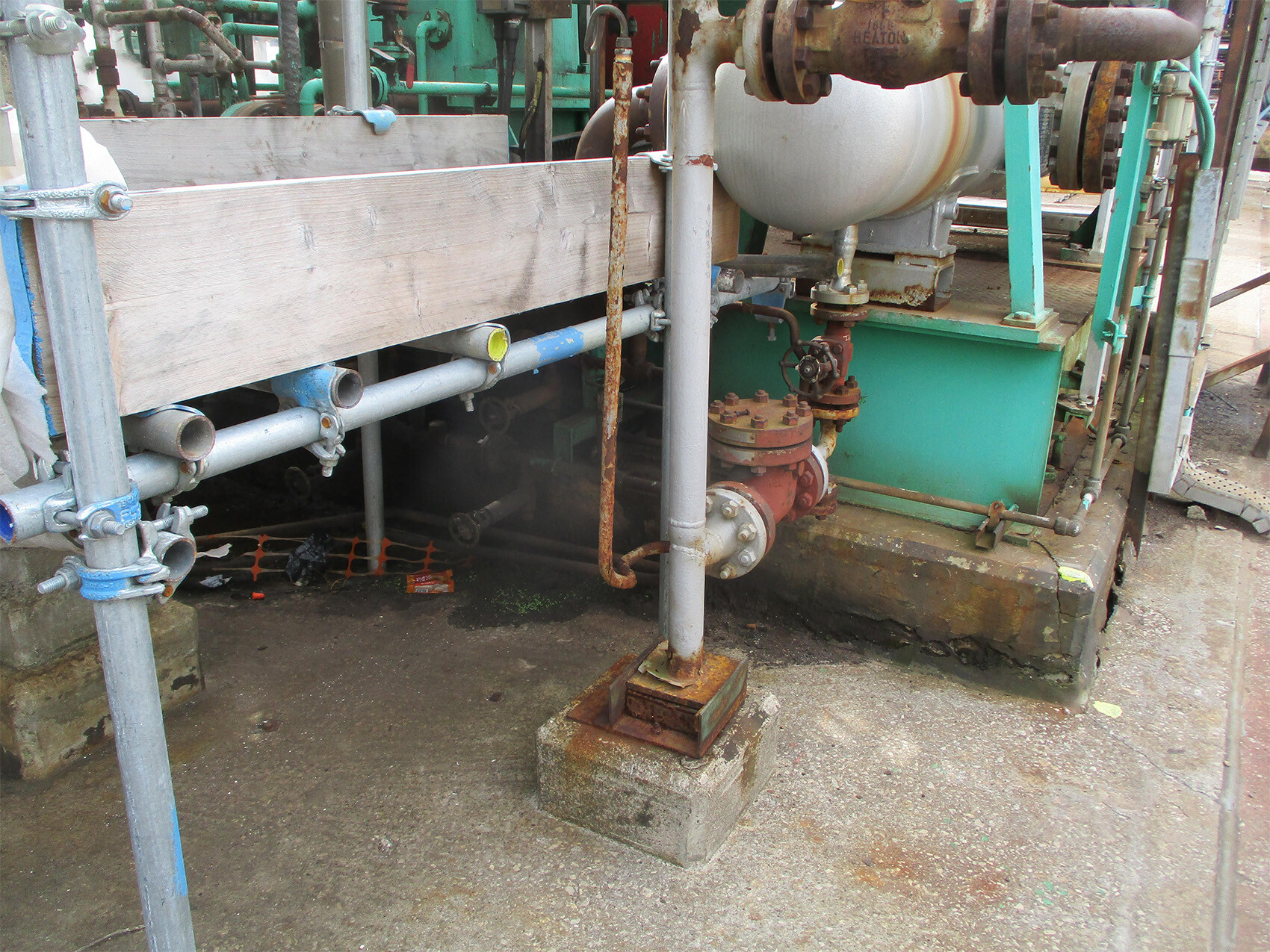
Stability before software
The Internet of Things (IoT) plays a pivotal role in transforming traditional factories into smart factories by connecting devices, sensors, and software to monitor and optimise production. Predictive maintenance using IoT can help prevent machine failures, reduce downtime and extend equipment life.
However, amid this technological shift, it is important not to overlook foundational stability. Machine downtime may not always stem from the equipment itself, but from the factory’s foundation. This became a reality in a large refinery factory in the northwest, where a large compressor showed signs of significant wear. The cause? The foundations holding the compressor contained a large void beneath it, creating settlement. There were areas of no contact between the factory foundation and the surrounding soil. As a result, when the motor was running, the vibrations in the foundation caused the machine to rock, leading it to operate outside of its tolerance range. This issue increased wear and tear to the point the machine was taken out of service, generating significant loss in potential revenues for the client.
Geobear was employed to design a solution that would see an expanding geopolymer injected around the perimeter of the foundation to fill the void. This course of action reconnected the foundation to the surrounding ground and contained vibration, minimising fatigue on the material. Engineers completed the work in a single day shift, keeping downtime to a minimum. Conventional underpinning would have taken the unit out of service for a minimum three month period.
Building smarter from the ground up
Smart factories are about more than software or sensor integration; ultimately they are focused on manufacturing. For production plants to remain on-time and reliable, their foundations must not only support the technology they house, but be examined on a regular basis as part of the factory’s annual maintenance plan.
Geopolymer technology offers a fast, minimally disruptive alternative to traditional substructure work. It allows for expansion, heavy machinery installation and structural reinforcement without demolition. As smart systems grow more powerful, they require ground stability to match, and geopolymer solutions provide that stability from the ground up.

